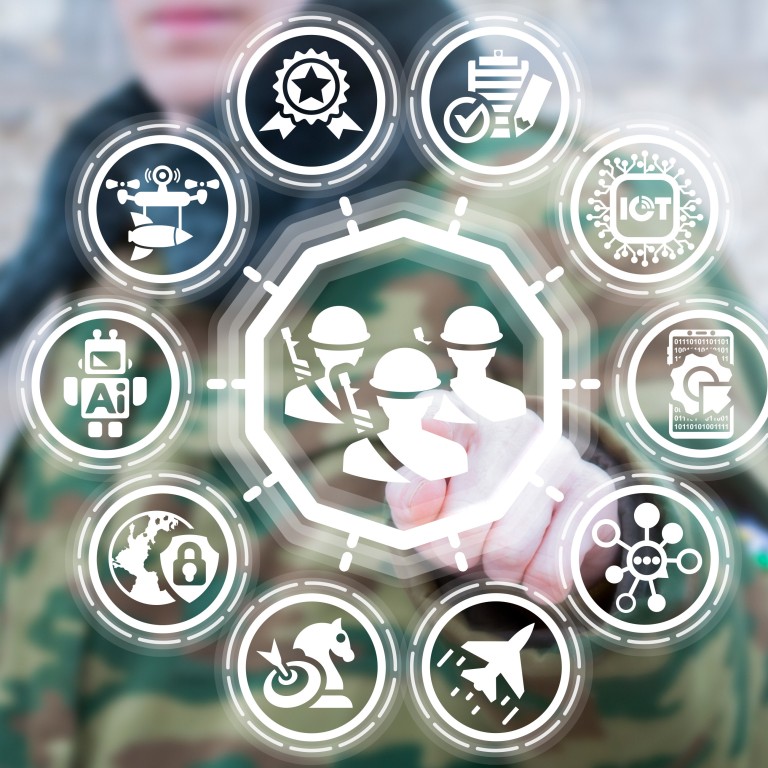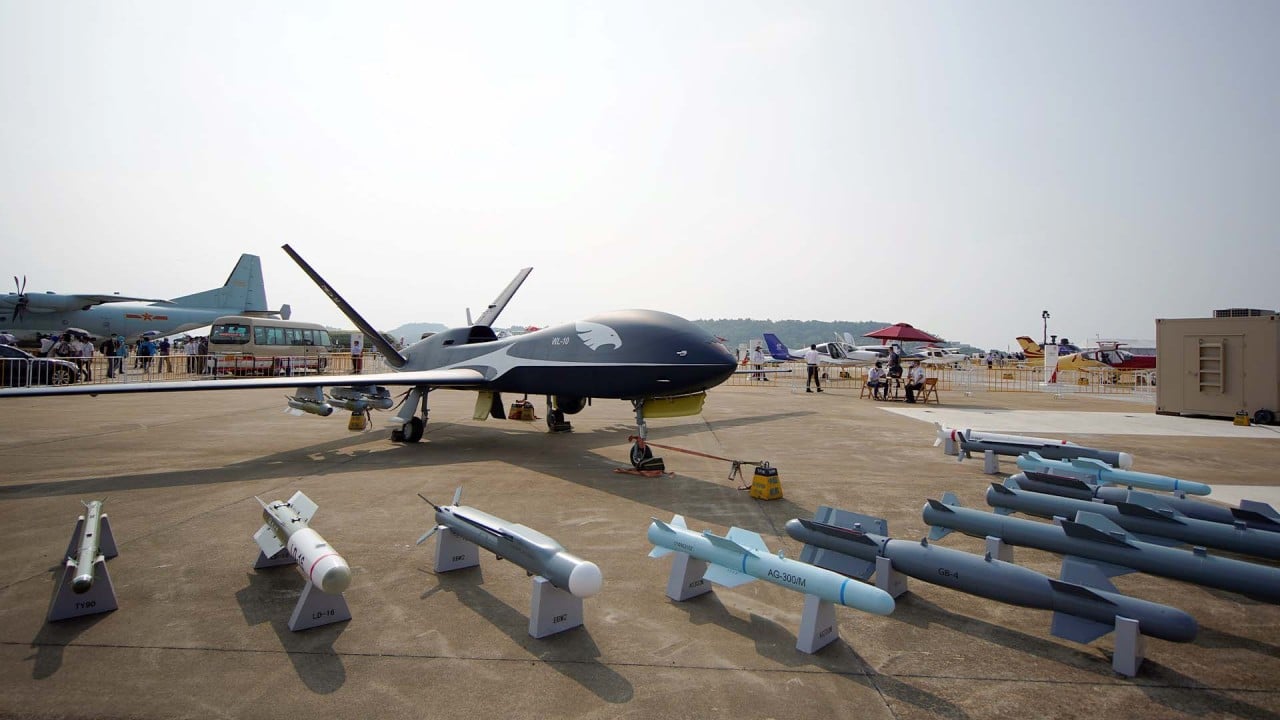
Time to set global rules for AI warfare, China tells UN weapons review
- Beijing envoy to UN presented China’s position paper on military AI at the Sixth Review Conference of the UN Convention on Certain Conventional Weapons
- Li Song says China opposes use of AI ‘to seek absolute military superiority and to undermine the sovereignty and territorial security of other countries’
China’s arms control ambassador to the United Nations, Li Song, said that since the application of AI technology could reshape the future of warfare and potentially trigger humanitarian crises, rules were needed to stop it becoming a tool for war or hegemony.
Li made the statement on Monday in presenting China’s position paper on regulating military AI applications at a review conference of the UN Convention on Certain Conventional Weapons in Geneva.
He also said there must be greater oversight to cut the risk of military AI proliferation.
China’s paper said strengthening regulation of military applications of AI to prevent and manage risks would help boost trust between countries, maintain global strategic stability, prevent an arms race and ease humanitarian concerns.
China called for countries to comply with humanitarian laws and observe ethical norms when developing AI weapons or AI warfare, to reduce collateral casualties and avoid indiscriminate destruction, misuse or abuse.
It added that security assessment and control must be improved to ensure that AI weapons were always under human control.
China wants to ‘seize control’ of multilateral organisations: UK report
The paper also proposed a multilateral mechanism to promote exchanges and a rules process, and to help developing countries gain access to AI technologies, ensuring the “rights of all countries to the development and peaceful use of technologies”.
“Approaches that draw ideological lines among countries and generalise the concept of national security should be avoided,” it said.
China has shown great interest in emerging military technologies, including AI, and has invested great effort to innovate and develop them.
The People’s Liberation Army has funded several AI projects, including those focusing on machine learning for strategic and tactical guidance, AI-enabled war games for training and social media analysis, according to the “2021 China Military Power Report” issued by the Pentagon last month.
Former Google CEO stresses ‘urgency’ in countering China on AI
The US report also said China’s next potential military applications could include AI and advanced robotics being used in enhanced data exploitation, decision support, manufacturing, unmanned systems and C4ISR (Command, Control, Communications, Computers, Intelligence, Surveillance and Reconnaissance).
The five-day UN meeting started on Monday and will review the treaty’s use over the past five years as well as discuss issues relating to newly emerged weapons. It is believed to be an important stage in international negotiations on lethal autonomous weapon systems.
The treaty was signed in 1981 and came into force in December 1983. China joined in 1981 and there are 125 signatory states.


